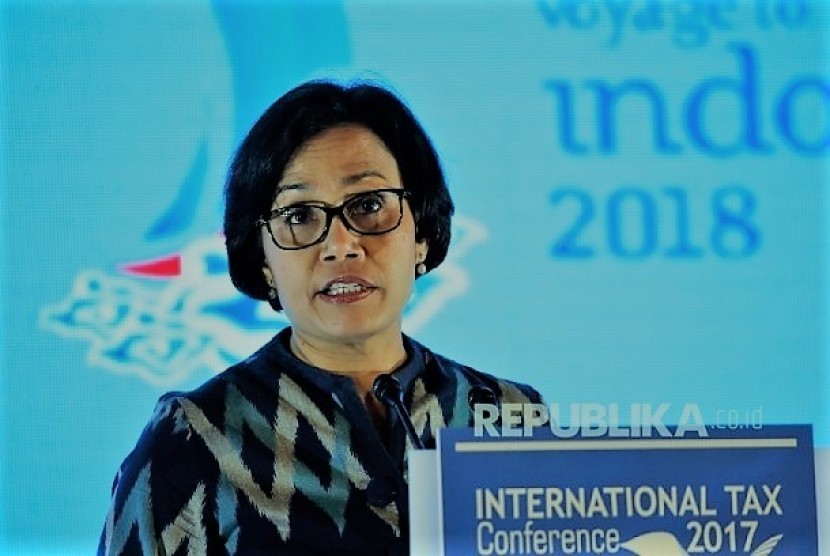REPUBLIKA.CO.ID, JAKARTA -- Finance Minister Sri Mulyani Indrawati stated that there are four issues underlying the tobacco tax rate increase scheme in 2018.
"There are four underlying the tobacco tax increase policy," Sri Mulyani noted in Jakarta on Tuesday.
She added that the first aspect is the impact of the increase of excise tariff in the labor sector. The second issue is related to the health aspect.
The third aspect is related to the handling of illegal cigarettes that cause harm to the industry.
"If more people can afford and easily produce illegal cigarettes, then the industry, society, and workers would all be affected" Sri Mulyani remarked.
The fourth aspect is the revenue from the tobacco excise, which, in the short term, is useful to support the state income.
Sri Mulyani was reluctant to comment in detail about the possibility of raising the cigarette excise tariff, which could burden entrepreneurs and consumers as a whole.
Previously, the government revealed that it would raise tobacco taxes by an average of 10.04 percent, which would be valid from Jan 1, 2018, based on a decision set in an internal meeting led by President Joko Widodo.
Currently, tobacco tax rates in Indonesia are in the range of 35 percent, or still under the advice of the World Health Organization (WHO), which sets the tariffs on tobacco taxes to be at least 66 percent of the retail price.
Meanwhile, Law Number 39 Year 2007 on Excise has set the maximum cigarette excise tariff at 57 percent.


